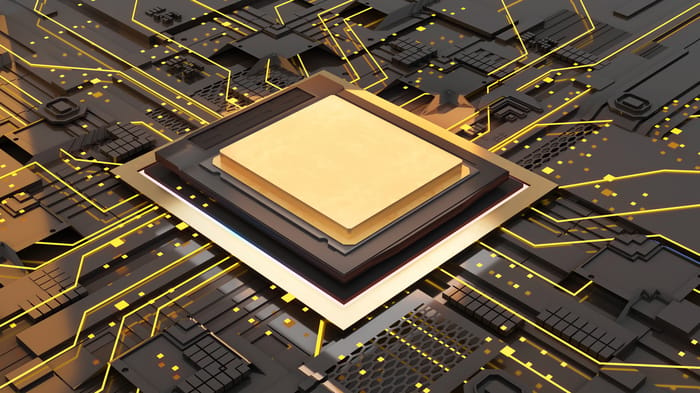
Connects decision-makers and solutions creators to what's next in quantum computing
IBM Launches Its Most Powerful Quantum ComputerIBM Launches Its Most Powerful Quantum Computer
Latest version of Heron quantum processor runs 50x faster than its predecessor

IBM has unveiled new quantum hardware and software capabilities that expand the scale, speed and accuracy of quantum algorithms at its inaugural Quantum Developers Conference.
These developments are in line with the ambitions set out in IBM's Quantum Development Roadmap targeting quantum utility, with a goal of achieving error-corrected quantum systems by 2029.
At the heart of the innovations is the latest R2 version of IBM Quantum Heron, the company’s most advanced quantum processor. In a new configuration, it can now use the Qiskit quantum software to extend the length and complexity of certain circuits to 5,000 two-qubit operations.
This represents the ability of a quantum computer to accurately run that number of steps in a complex quantum calculation. For comparison, the demonstration of quantum utility for a materials discovery use case last year only went to 2,880 two-qubit gates.
Processing time for similar tasks has been reduced from 112 hours to 2.2 hours.
Qiskit Enhancements
IBM has also enhanced its quantum software platform Qiskit, making it easier for developers to perform complex quantum circuits. An independent benchmarking process across 1,000 tests declared it the highest-performing development kit.
It now incorporates features to enable developers to optimize circuits, simplify code creation and access advanced algorithms for error mitigation and noise reduction. Generative AI-powered tools, such as the Qiskit Code Assistant, further streamline quantum application development.
Qiskit also provides access to services from IBM, Algorithmiq, Qedma, QunaSys, Q-CTRL and Multiverse Computing for capabilities including reducing the performance management of quantum noise and simplifying the quantum algorithms development.
“Advances across our hardware and Qiskit are enabling users to create new algorithms that combine quantum and classical computing,” said IBM Quantum vice president Jay Gambetta.
“These algorithms will be key to solving complex problems as we integrate quantum processing units, CPUs and GPUs.”
Quantum Applications Across Industries
IBM highlighted how organizations are using its quantum advancements for research in materials science, chemistry and life sciences at the conference. The Cleveland Clinic is exploring quantum simulations of noncovalent molecular interactions -- bonds between molecules essential to many chemical, biological and pharmaceutical science processes.
“This research is an example of what makes our research partnership successful – bringing together IBM’s next-generation technologies with Cleveland Clinic’s world-renowned expertise in healthcare and life sciences,” said Cleveland Clinic chief research information officer Dr. Lara Jehi.
“Together, we are pushing through traditional scientific boundaries using cutting-edge technology such as Qiskit to advance research and find new treatments for patients around the globe.”
IBM is also working with the Riken research institute to use quantum-centric supercomputing approaches to study the electronic structures of complex compounds, a step towards more realistic chemical modeling.
About the Author
You May Also Like
.png?width=100&auto=webp&quality=80&disable=upscale)
.png?width=400&auto=webp&quality=80&disable=upscale)




